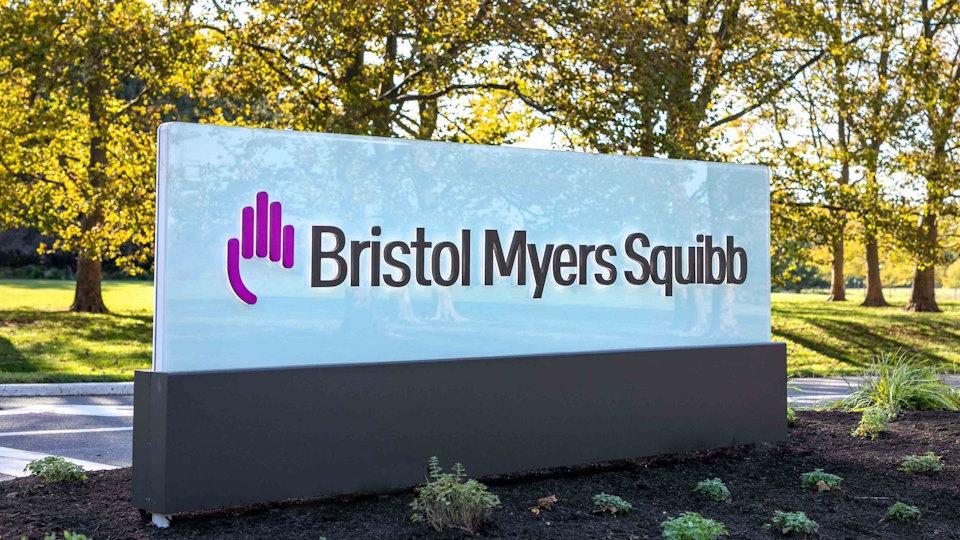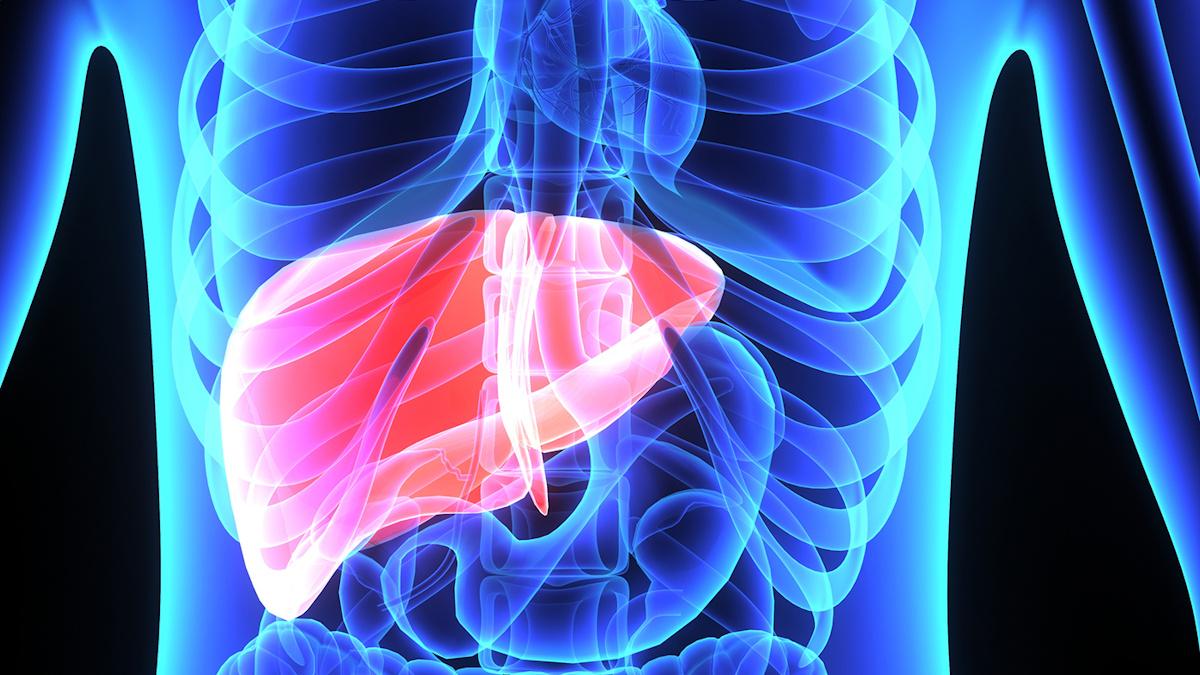BMS ducks out of $1.56bn TIGIT alliance with Agenus

Bristol-Myers Squibb has handed back rights to a TIGIT drug partnered with Agenus, ending an alliance that could have been worth up to $1.56 billion to the biotech.
Agenus revealed BMS' decision in a Securities & Exchange Commission (SEC) filing (PDF), saying it was a result of a "broader strategic realignment of their development pipeline which involves other licensed products."
The decision comes as the viability of targeting TIGIT as an effective cancer immunotherapy remains in question, with lacklustre efficacy and concerns about safety undermining the class.
It's worth noting however that BMS is also in the midst of a major cost-reduction effort, aiming to save $1.5 billion by the end of next year and with R&D bearing the brunt of the cuts. That programme includes around 2,200 job losses as well as a "rationalisation" of the group's product pipeline.
BMS acquired rights to the AGEN1777 candidate in 2021 for $200 million in non-refundable upfront cash when the drug was in preclinical development, and has since paid $20 million and $25 million milestone payments tied to the start of a phase 1 safety study and a phase 2 trial of the drug in gastric cancer due to generate results later this year. The company doesn't have any other TIGIT programmes in play, according to its R&D pipeline listing.
There's no indication of any issue with the AGEN1777 programme, with Agenus pointing to "significant safety data" from early clinical trials as well as "indications of clinical activity," although recent setbacks in the TIGIT field may have played a part in BMS' decision.
In July, Roche's tiragolumab failed a phase 2/3 trial in frontline non-small cell lung cancer (NSCL) after it was found to make outcomes worse when added to MSD's PD-1 inhibitor Keytruda (pembrolizumab) and chemotherapy, a widely used regimen for previously untreated patients. Prior studies also generated less than stellar results in small cell lung cancer (SCLC) and liver cancer.
Earlier this year, MSD abandoned a phase 3 trial of a co-formulation of its TIGIT candidate vibostolimab and pembrolizumab in melanoma, after a high rate of discontinuations in the study due to immunological side effects, and the combination also failed a phase 2 study in NSCLC last year. Again, other clinical trials are still in play, and while MSD hasn't abandoned the concept the company is understood to have reined back its work in the area.
Novartis, meanwhile, handed rights to TIGIT antibody ociperlimab to BeiGene a year ago, two years after paying $300 million upfront for an option on the drug.
Agenus said in its update that it intends to "explore further development and/or relicensing of this molecule, including potential combinations with our portfolio of synergistic immuno-oncology agents."












